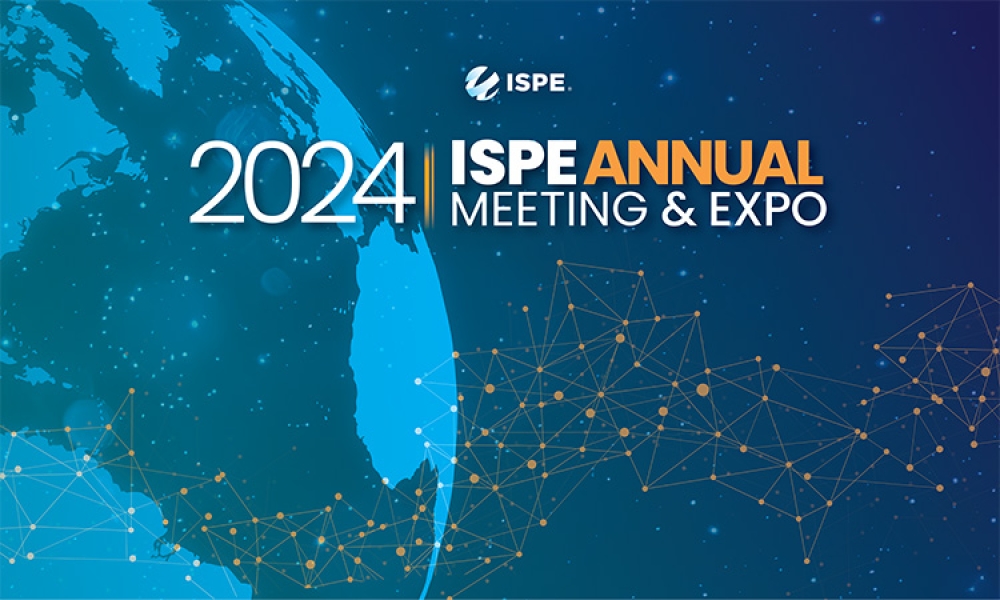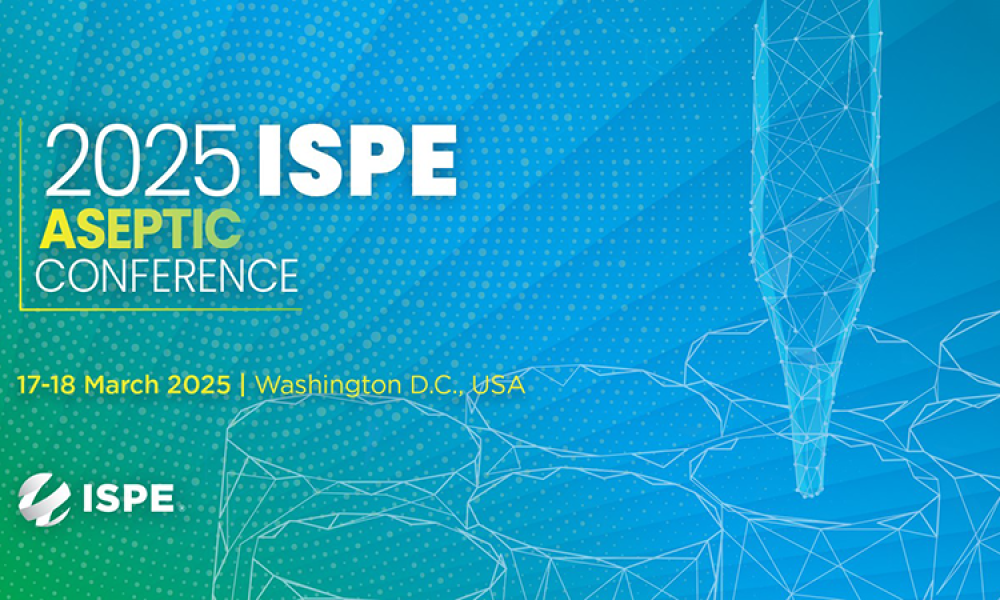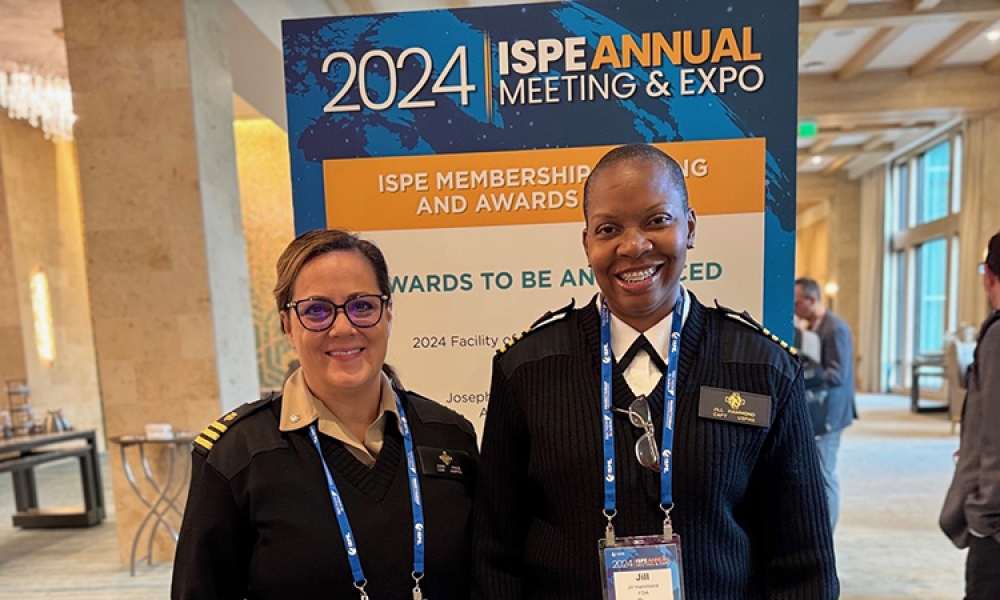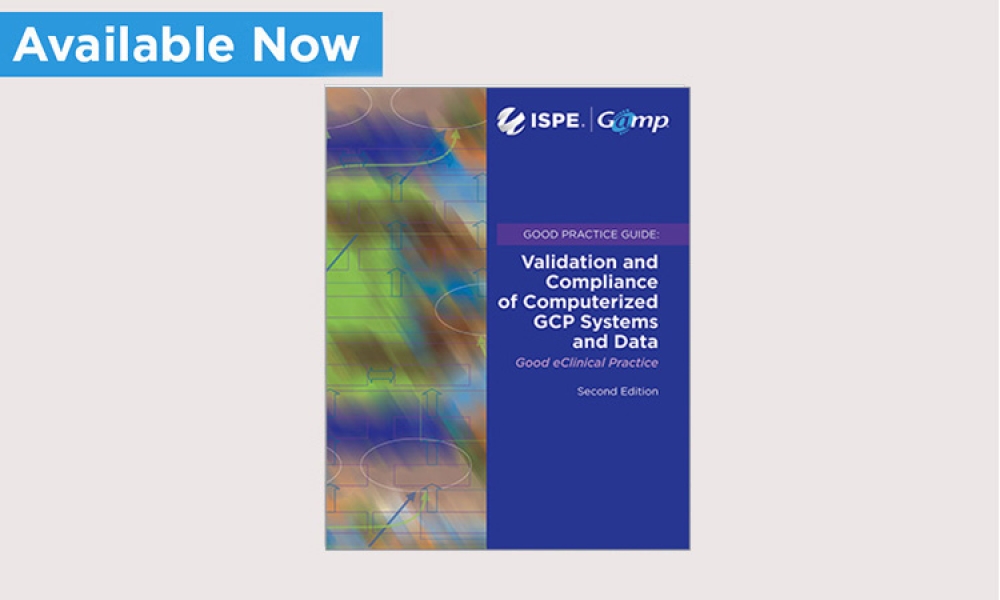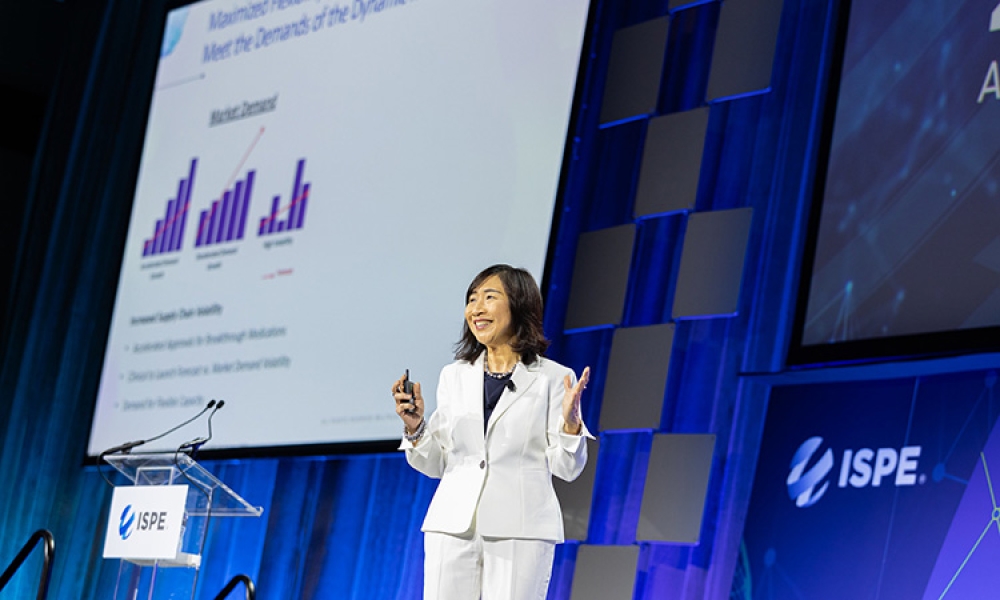Theresa Mullin, PhD, Associate Director for Strategic Initiatives at the US Food and Drug Administration’s (US FDA) Center for Drug Evaluation and Research (CDER), opened the 2024 ISPE Meeting & Expo in...
Submit Your Best Content to ISPE
ISPE’s official blog, iSpeak accepts contributions from our Members and professionals in the pharma industry.
The 2025 ISPE Aseptic Conference, taking place 17 – 18 March 2025 in Washington, D.C., USA, has always been one of the more future-focused technical conferences within ISPE. Originally called the ISPE Barrier...
In an era where technological advancements are reshaping every industry, the pharmaceutical sector is no exception. The 2024 ISPE Pharma 4.0™ and Annex 1 Conference is the gateway to understanding...
In an increasingly complex world, where the reliable delivery of power from point A to point B often depends on substantial construction and upgrade activities, the need for efficient project delivery has never been more critical. For manufacturers, completing pharma facility and process optimization projects quickly and cost-effectively can be challenging. As a result, many are exploring new...
The 2024 ISPE International Honor Awards were presented at the 2024 ISPE Annual Meeting & Expo in Orlando, Florida, in October. These awards provide the opportunity for the ISPE community to recognize and celebrate the dedicated professionals who volunteer countless hours to support ISPE and its mission.
This year’s 2024 ISPE Annual Meeting & Expo at Gaylord Palms in Orlando, Florida, USA was an inspiring experience, combining the energy of high-level industry discussions, networking opportunities, and moments of genuine connection. Despite the uncertainty brought on by Hurricane Milton, the conference went forward with an impressive spirit of resilience and adaptability. From insightful...
The future of manufacturing is not a battle between humans and machines. It is a collaboration that promises to redefine productivity and innovation. Industry 5.0 is poised to revolutionize how companies operate over the next decade, shifting the focus beyond mere automation and optimization to prioritizing the well-being of workers. This paradigm shift will transform workplaces, making them...
In September, ISPE released the second edition of their Good Practice Guide on Heating, Ventilation, and Air Conditioning (HVAC), which provides a detailed overview of HVAC considerations in the pharmaceutical industry. The second edition also reflects industry...
Daria Curtis works in quality assurance validation at AstraZeneca and is a member of ISPE. In this interview, conducted by Edyna Miguez, Membership Growth Manager at ISPE, Curtis shares her key areas of expertise, what prompted her to get involved with ISPE, how being a member has enhanced her professional career, and more.
In an era where advanced therapy medicinal products (ATMPs) are revolutionizing healthcare, the 2024 ISPE Pharma 4.0™ and Annex 1 Conference, taking place 10-11 December in Rome, Italy, and...
In this blog post, Rebecca Roscher – Project Manager at Bayer AG (Supply Center Grenzach) – shares how she rose from an ISPE student member to an Emerging Leader Representative, Ex-Officio, on the 2024-2025 ISPE International Board of Directors.
The 2025 Mentor ISPE program promises to be a transformative year filled with growth, collaboration, and valuable learning opportunities for both mentors and mentees. As ISPE mentors and mentees embark on this journey, they’ll have the chance to build meaningful professional relationships, gain fresh insights, and strengthen skills through guided support and shared experiences. Whether ISPE...
The 2024 ISPE International Honor Awards were presented at the 2024 ISPE Annual Meeting & Expo in Orlando, Florida, in October. These awards provide the opportunity for the ISPE community to recognize and celebrate the dedicated professionals who volunteer countless hours to support ISPE and its mission. This award was presented to the family of Antonio Moreira, PhD, to posthumously...
With over 23 years industrial hands-on experience in establishing and managing quality management systems within the pre-clinical, clinical and pharmaceutical as well as medical device manufacturing industries, Mei Ping Lee, who goes by Mae, is currently the Quality Assurance Manager at Winwa Medical Sendirian Berhad, Malaysia, a pharmaceutical and complementary products manufacturer and...
The pharmaceutical industry is in the middle of a transformative shift, driven by the dual forces of Pharma 4.0™ and the updated Annex 1 guidelines. These changes are introducing innovations that not only enhance the quality and safety of sterile manufacturing but also leverage new technologies to optimize efficiency and compliance. The
The 2024 ISPE Annual Meeting & Expo, taking place 13 – 16 October in Orlando, Florida, USA, and virtually, stands out as a key event in the pharmaceutical industry. Known for its rich educational offerings, the annual event serves as a dynamic platform where professionals gather...
The proliferation of digital tools available in the pharmaceutical industry, including artificial intelligence (AI) and machine learning (ML), is revolutionizing drug discovery and manufacturing processes.
